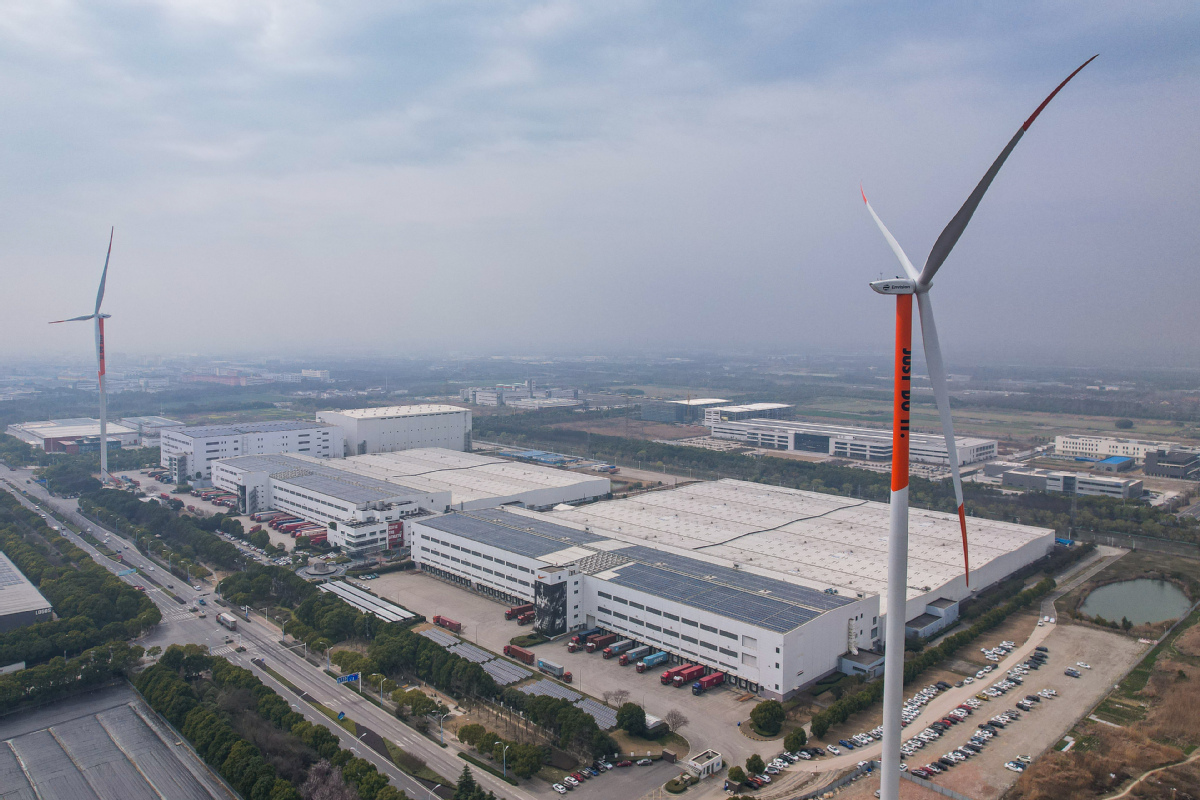Nike is bullish about China’s sportswear market and is focusing on engaging with Generation Z and female consumers, as well as digitalization and sports performance, according to Angela Dong, the vice-president of Nike Inc and general manager of Nike Greater China.
Dong said that Nike is confident about the future development of the Chinese market and sees green development and digitalization as important strategic directions for the company. She expects the sportswear market in the country to see strong growth in the next three to five years, driven by the rising awareness of maintaining healthy lifestyles and active participation in sports activities among younger generations.
Over the past three years, Nike China has been focusing on strengthening ties with local consumers, prioritizing digital transformation and developing products that appeal to female and child consumer groups with locally appropriate sizes and designs. The Nike Digital Technology innovation center in Shenzhen has been focused on building new technological capabilities to better serve the unique and ever-evolving “digital-first” demands of Chinese consumers.
Nike is also increasing investment in China to build a more intelligent, flexible, efficient, and sustainable supply chain system, further enhancing its logistics and operational efficiency. On Tuesday, the company unveiled its Zero Carbon Smart Logistics Center in Taicang, Jiangsu province. The center, which is expected to have the largest single-unit storage capacity in Asia, is wholly powered by renewable energy and integrates highly intelligent automation and lights-out operation.
The center greatly improves the efficiency and resilience of Nike’s supply chain, allowing the company to respond more quickly to unexpected situations and e-commerce peaks. It also enhances the company’s ability to maintain a stable service level during shopping festivals. With the acceleration of “zero carbon” efforts and the digital transformation, Nike aims to serve consumers better and faster and achieve long-term business growth in the Chinese market.
Read More:
